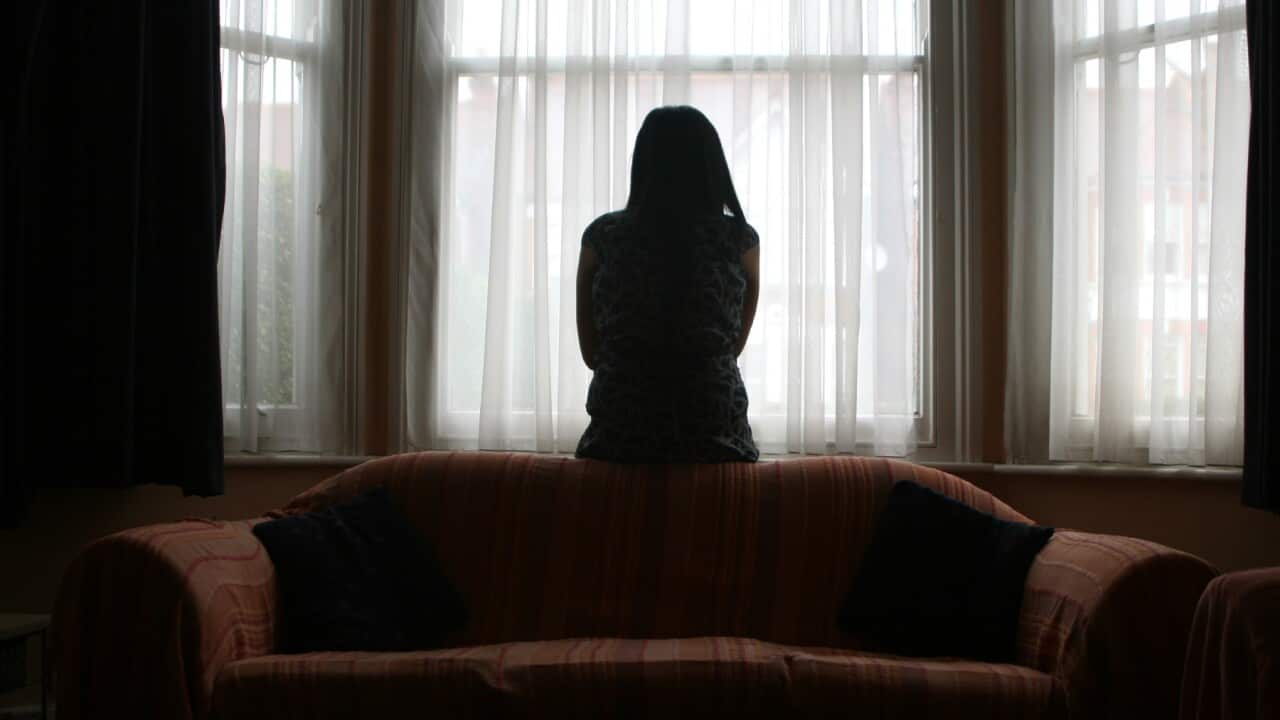This article contains references to domestic violence.
The majority of women who abuse their partners and children are themselves victims of domestic and family violence, an Australian-first study into the issue has revealed.
It found women are more likely to use force as a way to gain independence from their partner as opposed to an attempt to exercise control over them. Women are also more likely than violent men to take responsibility and self-disclose their actions.
The study, released on Wednesday, was the result of a joint project by the University of Melbourne and Curtin University, and supported by not-for-profit organisations Baptcare and Berry Street.
Researchers surveyed 278 people who work with abusive women and their victims from across the country, finding "women’s use of force is mostly situational, sometimes mutual with power and control seen as less frequent".
"While the dominant pattern of domestic and family violence is male violence perpetrated against women, there are some women who use force against adult members of their families.
"The majority of these women are themselves victims/survivors of domestic and family violence," it read.
An estimated one in four Australian women have experienced violence by an intimate partner since the age of 15, compared to one in 13 men, according to a 2016 survey.
The new survey found the most commonly reported forms of force by women were verbal abuse (86.3 per cent), emotional abuse (73 per cent), protection of self or others (67.3 per cent) and physical abuse (65.5 per cent).
More than one third of respondents considered withdrawing from all sexual activities as a form of force, which the report described as "concerning".
Lead researcher Margaret Kertesz, from the University of Melbourne, told SBS News there was a "really varied" understanding of domestic and family violence and how women's use of force was interpreted by service providers.
"There is a certain urgency to educate people about the context in which women use force," Dr Kertesz said.
"Most of the women we encountered through the research ... had histories of family violence or childhood trauma or abuse. That was the context in which they had been identified as using force and they were trying to assert their dignity or defend themselves or their children."
Researchers hope the research, the first in Australia to probe the motivations of female perpetrators of domestic abuse, will be used to create more tailored support services for people impacted by this form of violence.
Dr Kertesz said the project begun following a conversation with family violence service providers which said they were encountering women who used violence, but that there was "no services to send them to to get help".
A number of women were also being increasingly identified as the primary perpetrator in domestic violence incidents due to a lack of context about their situation or by mistake, she said.
The study included a pilot community-based program, implemented in Victoria by Baptcare and Berry Street, for women who used violence, involving specialised group work and case management.
"The takeaway message is about when working with people who use force or violence, we always need to look at the pattern of behaviour over time and the context in which that occurs," Dr Kertesz said.
"And, professionals across a range of sectors need to really take that into account."
If you or someone you know is impacted by sexual assault, family or domestic violence, call 1800RESPECT on 1800 737 732 or visit . In an emergency, call 000.












